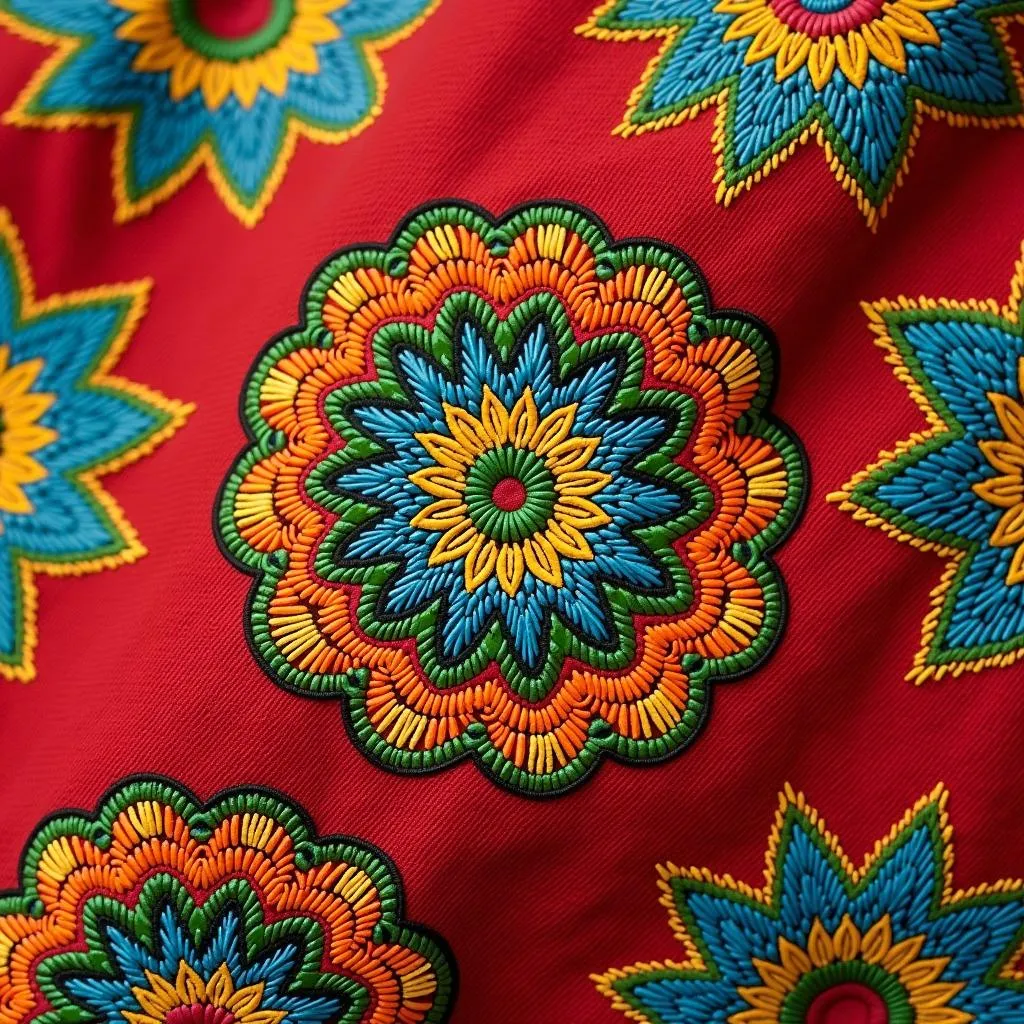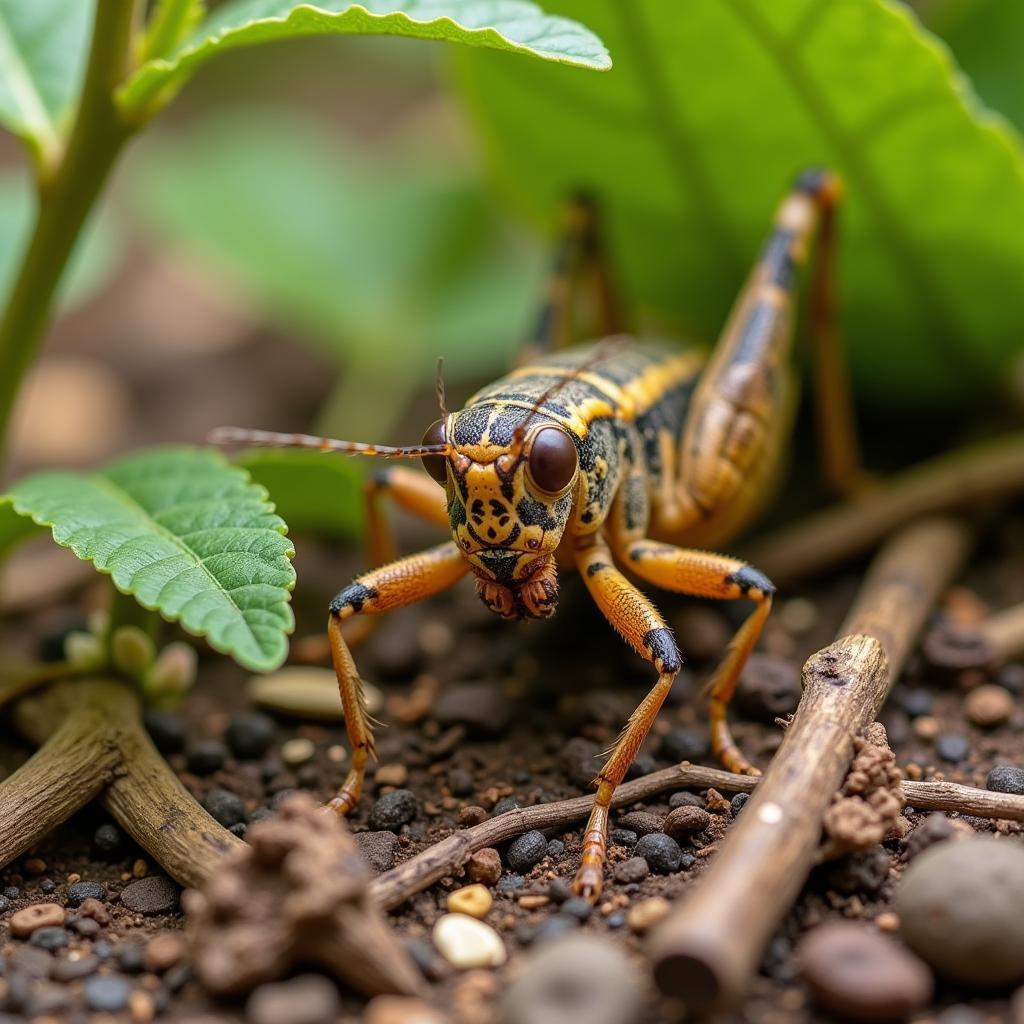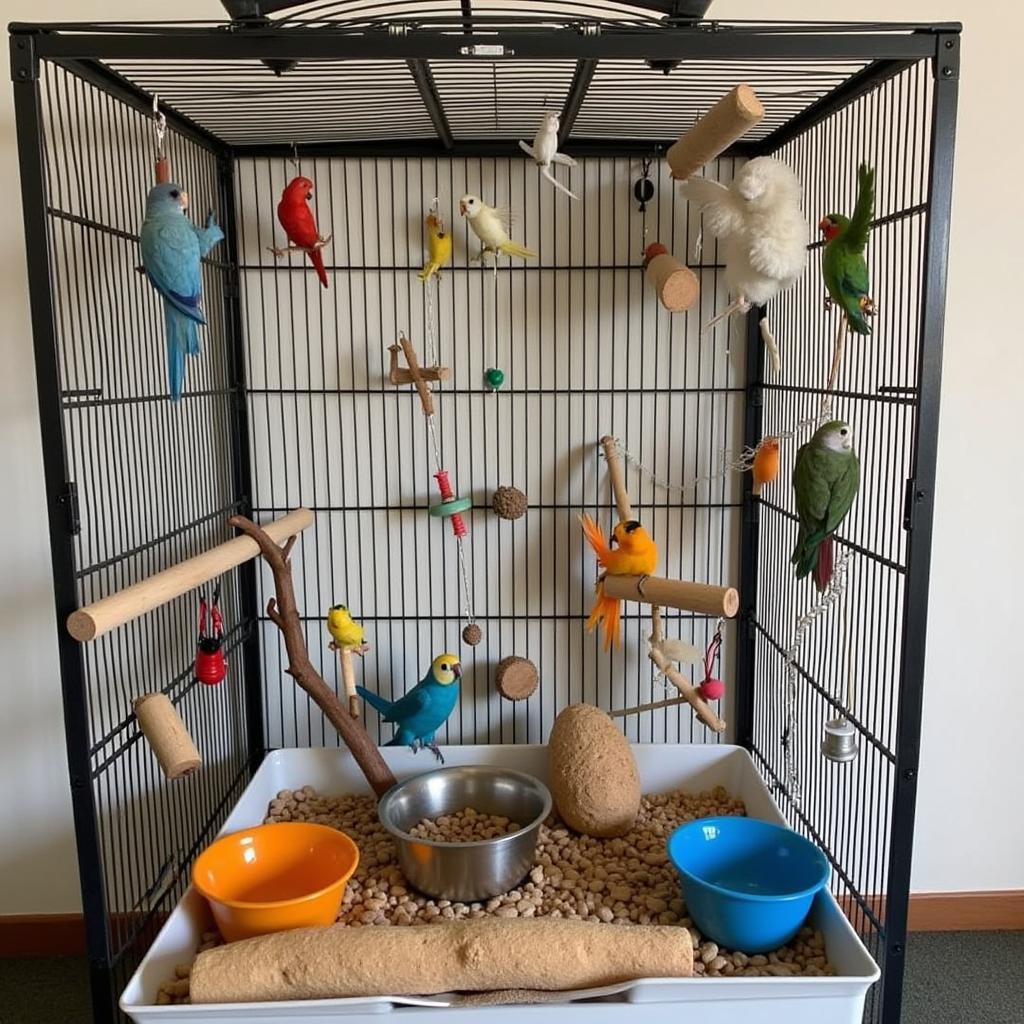Why Do Africans Have Curly Hair?
From the tight coils of Ethiopia to the loose curls of South Africa, curly hair is a defining feature for many people of African descent. But have you ever wondered about the science behind those curls and its significance? Let’s delve into the fascinating world of African hair and uncover the reasons behind its unique texture.
The Science of the Curl: Follicle Shape and Hair Structure
At the heart of every curl lies the hair follicle, a tiny but mighty structure beneath our skin. For people with African hair, the follicle shape is elliptical or flat, as opposed to round like straight hair. This unique shape dictates how the hair grows and its texture.
Furthermore, the structure of African hair itself contributes to its curl. Each strand is comprised of two main parts:
- Cortex: This middle layer provides strength and elasticity, determining the hair’s curl pattern. African hair often has a twisted or spiral-shaped cortex.
- Cuticle: The outermost layer, made of overlapping scales, protects the hair shaft. In African hair, the cuticle scales are flatter and more compact.
This combination of an elliptical follicle, a twisted cortex, and a unique cuticle structure results in the characteristic curls we see in African hair.
Genetic Heritage: A Tapestry of Ancestry and Evolution
Genetics play a crucial role in determining hair texture. The genes responsible for curly hair are more prevalent in populations from Africa, reflecting thousands of years of evolution and adaptation. While there are various theories, some suggest that curly hair offered an evolutionary advantage in hot, sunny climates:
- Sun Protection: The tight curls create a natural barrier, shielding the scalp from the harsh sun rays and preventing sunburn.
- Heat Regulation: The curls allow for better air circulation, helping to keep the head cool in warm climates.
More Than Just Hair: Cultural Significance and Identity
In many African cultures, hair goes beyond simple aesthetics; it’s a powerful symbol of identity, status, and heritage. For centuries, intricate hairstyles have been used to:
- Express Tribal Affiliation: Different tribes boast unique braiding patterns and styles, signifying their lineage and social standing.
- Mark Life Stages: Hairstyles often change to reflect significant milestones, such as coming-of-age ceremonies or marriage.
- Convey Messages: Some hairstyles communicate messages of mourning, celebration, or even rebellion.
Caring for Those Curls: Embracing Natural Beauty
African hair, with its unique texture and versatility, requires specific care and attention. Embracing natural hair has become increasingly empowering, encouraging individuals to celebrate their heritage:
- Moisturization is Key: The structure of African hair makes it prone to dryness. Regular deep conditioning and moisturizing are vital to maintain its health and vibrancy.
- Gentle Handling is Crucial: The curly structure makes the hair more susceptible to breakage. Detangling with care and using wide-toothed combs are essential.
- Protective Styling: Braids, twists, and locs are not just fashionable but also protect the hair from damage and promote growth.
Conclusion
The curly hair of many Africans is a beautiful testament to their genetic heritage, cultural identity, and evolutionary journey. From the science behind its structure to the rich traditions it embodies, African hair stands as a symbol of resilience, pride, and the power of diversity. As we continue to learn and appreciate the beauty of African hair, we celebrate a legacy that is deeply woven into the fabric of humanity.
FAQs About African Hair
1. Is all African hair the same?
No, African hair is incredibly diverse! Curl patterns, texture, and even hair color can vary significantly across different regions and ethnicities within Africa.
2. Why is my African hair so dry?
The shape of the hair shaft makes it difficult for natural oils to travel down, leading to dryness. Regular moisturizing with natural oils like shea butter or coconut oil can help.
3. Are there any benefits to having curly hair?
Absolutely! Curly hair offers natural sun protection and can help regulate body temperature in warm climates.
4. How can I embrace my natural hair?
Start by learning about your hair type and what works best for it. Explore different natural hairstyles, and connect with other individuals who are on their natural hair journey.
5. What are some common misconceptions about African hair?
One misconception is that African hair is unprofessional. This couldn’t be further from the truth! There are countless ways to style natural hair while maintaining a professional look.
Looking for More Information?
Explore our other articles about African American mohawk haircuts, African hair care, and African American layered haircuts for long hair. You can also learn more about African hair extensions in Melbourne and the diverse world of African black beauty.
For personalized hair care advice and styling tips, don’t hesitate to contact us. We’re here to help you embrace the beauty of your natural hair! Reach out to us at +255768904061, email us at kaka.mag@gmail.com, or visit us at Mbarali DC Mawindi, Kangaga, Tanzania. Our dedicated customer support team is available 24/7.




